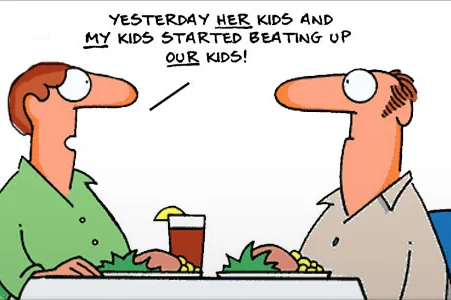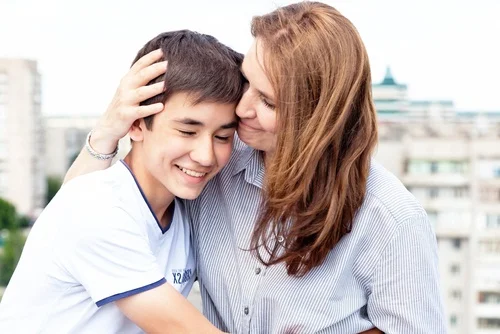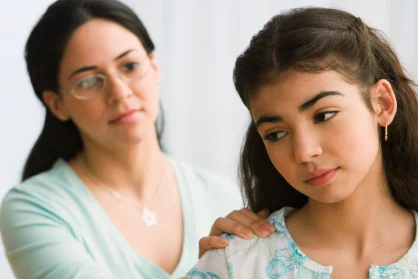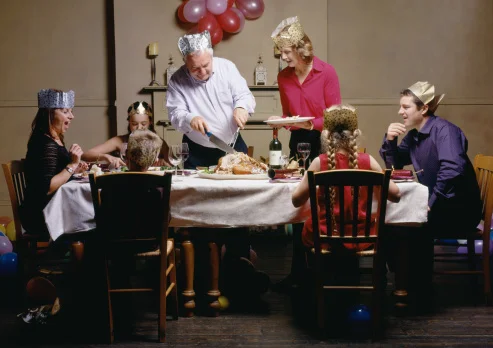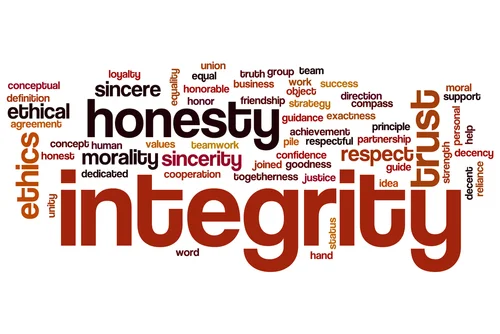+1 845 259 2974 (11 a.m to 7 p.m CST)
The Impact of Uninvolved Parenting Style on Teens
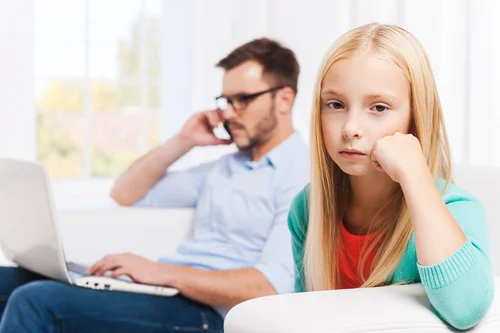
Scientific literature is full of studies that highlight the positive as well as negative impact of parenting styles. There are four basic parenting styles namely authoritative, authoritarian, permissive and uninvolved parenting. While most of these styles have their fair share of pros and cons, uninvolved parenting style is by far the least favorable option of the lot as it hardly does anything positive as far as well-being of the child is concerned. Let’s look at some of the reasons that make this particular style of a parenting a big no.
Lack of Confidence among Teens
Parents give teens the confidence to face the world. Their unconditional love and support helps their teens to take on the challenging realities of life bravely. Unfortunately, children raised through uninvolved parenting lack this confidence and bravery. They usually have low self-esteem and are consequently uncertain about their own ability to face and deal with different situations. The absence of parental support and love also makes them feel insecure, thus making them worried over the smallest of things.
Feeling of Loneliness
Just revisit your childhood for a minute and think of the person you always went to in case of any problem. Was it your mother or father? Kids are naturally close to their parents. No other relation can replace the bonding kids share with parents. Uninvolved parents give teens nothing but misery, stress, depression and loneliness. These kids try to become social in order to get rid of the emptiness they feel inside, but they badly fail in it as friends, teachers or any other person can never give teens the peace of mind and emotional security that is provided by parents.
Greater Chances of Stress and Anxiety
Parents are like shelters; they create courage among kids to face every situation. Absence of fatherly or motherly figure can cause stress and anxiety among teens as they observe the behavior of their friends’ parents and this automatically creates a feeling of incompleteness in them. Having no one at home to ask how was your day, how are your friends, are you hungry, what do you want to do this weekend, etc. affect the emotional well-being of kids. The teens may fight this stress and anxiety in the beginning, but they eventually succumb to it and that is when they sink into the silent world of depression.
Greater Chances of Delinquency
A scientific study on relationship between parenting and delinquency published in 2009 found out that teens having uninvolved parents were involved in a vast range of criminal behaviors from ordinary ones like vandalism and theft to serious crimes like assault and rape.
Failure to Accept Authority
Apparently, uninvolved parents do not really care what their teens are doing, so they never restrict the teens from anything, or guide them to do the right things. In fact, they hardly bother to check up on their kids. In other words, kids of uninvolved parents are at their own from very young age. They take all their small and big decisions themselves. This sometimes creates problems for them in following the orders from teachers or any other adult. As they have rarely seen authority, they end up rejecting it, which creates problems for them in the long run, particularly in school, college, university, and even at job.
Prone to Substance Abuse
A recent study published in Journal of clinical child and adolescent psychology came up with alarming facts about uninvolved parenting. The results claim that kids of uninvolved parents smoke and drank alcohol twice the amount consumed by other teens. In another study published in 2001, it was revealed that teens of uninvolved parents have great chances of taking drugs and consuming alcohol. This clearly shows that kids of uninvolved parents are more prone to doing drugs and consuming alcohol.
It is important for parents to understand the risk of not getting involved in their kids’ lives. They are responsible for raising them right and preparing them, both physically and psychologically, to face the world on their own.



